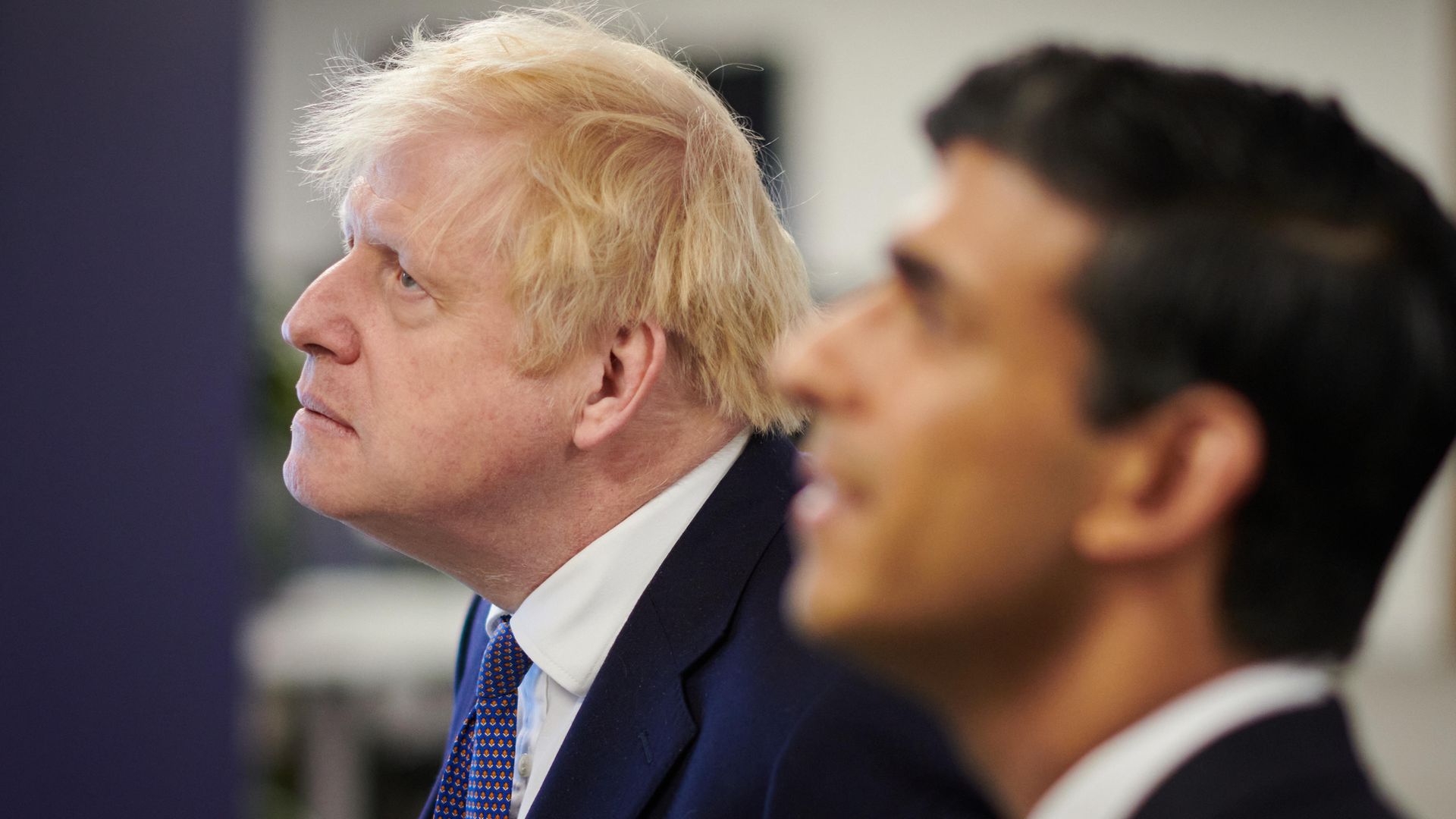
The UK’s spending watchdog has said in its latest analysis to accompany Rishi Sunak’s budget that the prime minister’s Brexit deal will shrink the economy by 4%.
The Office of Budget Responsibility (OBR) said there was very little in Johnson’s deal that would change the prediction of a long-term loss to productivity over 15 years.
Though Johnson’s deal does go further than the typical trade deal by guaranteeing zero tariffs and quotas on trade in goods with the EU, it does introduce “significant” barriers to trade in services, which accounts for 42% of exports to the bloc.
This means firms will need to “establish a new commercial presence within the EU”, raising the prospect of jobs being moved outside the UK.
The OBR also said that both sides failing to recognise each other’s professional qualifications will make it harder for UK professionals to work in Europe and vice versa.
Johnson’s deal will cause a 0.5% shrink in the economy in the first quarter of 2021, the OBR said.
The OBR said: “The conclusion of the [Brexit Deal] on December 24 has also partially resolved four and a half years of uncertainty concerning our future trading relationship with our single largest trading partner.
“We judge the terms of the agreement to be broadly in line with the typical free-trade agreement assumed in our previous forecasts, which entailed a long-run loss of productivity of around 4% compared with remaining in the EU.
“However, the implementation of the agreement and introduction of health checks at the border has involved more short-term disruption to UK-EU trade than was assumed in our November forecast.
“The arrangements for trade in financial and other services remain subject to further discussion.”
Businesses in Northern Ireland have faced significant trade barriers since the Brexit transition period ended in January, despite being given a three month grace period on goods coming into Northern Ireland from Britain.
At one stage, Northern Ireland’s agriculture minister Edwin Poots has claimed the region’s hospitals and schools risked running out of food when post-Brexit Irish Sea trade arrangements are fully implemented.
The UK has signalled it will unilaterally extend the grace period by six months, according to paperwork handed to supermarkets and supplies seen by RTE News.
This comes after Brussels rejected London’s proposal to extend it until 2023.









